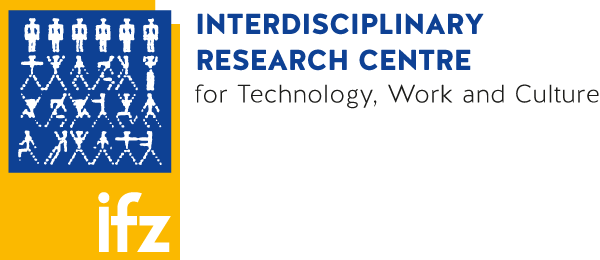HELENA – Higher Education Leading to ENgineering And scientific careers
HELENA investigates the impact of innovative European engineering degree courses should be proved on the degree of student-populations’ diversity – especially on gender composition. The study will be grounded on empirical research about the implementation of selected pilot institutions of engineering education and research all over Europe. One starting hypothesis is that interdisciplinary engineering degree courses have more women students than so called traditional (mono-disciplinary) degree courses.
EU, 7. Rahmenprogramm (SCIENCE-IN-SOCIETY); Bundesministerium für Wissenschaft und Forschung (BMWF)
2009-2011
- Siauliai University, Litauen (Koordination)
- Fundacion LABEIN, Spanien
- Ecole Normale Supérieure de Cachan, Frankreich
- Loughborough University, Großbritannien
- Mihaijlo Pupin Institute, Serbien
- Egalité des Chances dans les Etudes et la Profession d’Ingénieur en Europe, Frankreich
To prove this, pilot degree courses which embed technology successfully in social contexts will be compared, evaluated and their transfer potentials proved. The aim of this project is to provide indications about how to launch such measures and monitor the obtained results.
Project objectives are:
- To identify and analyse relevant interdisciplinary E&T degree courses in different European countries.
- To analyse the student’s perception of this interdisciplinary and traditional E&T degree courses.
- To evaluate the effectiveness of existing pilot projects, developing and measuring indicators on the relationship between perception and study choice.
- To share good practice identified through this experience, producing recommendations on the reorganisation of university curricula at European level (Bologna process).
- To disseminate results through a ‘how to’ guidebook and monitoring indicators.
The Austrian team contributes to all seven work packages and leads two of them:
- WP4 “Data and curricula analysis from traditional and pilot E&T degree courses“ (Christine Wächter) and
- WP5 “Analysis of students’ perception of societal impacts of E&T and their study choices“ (Anita Thaler).
